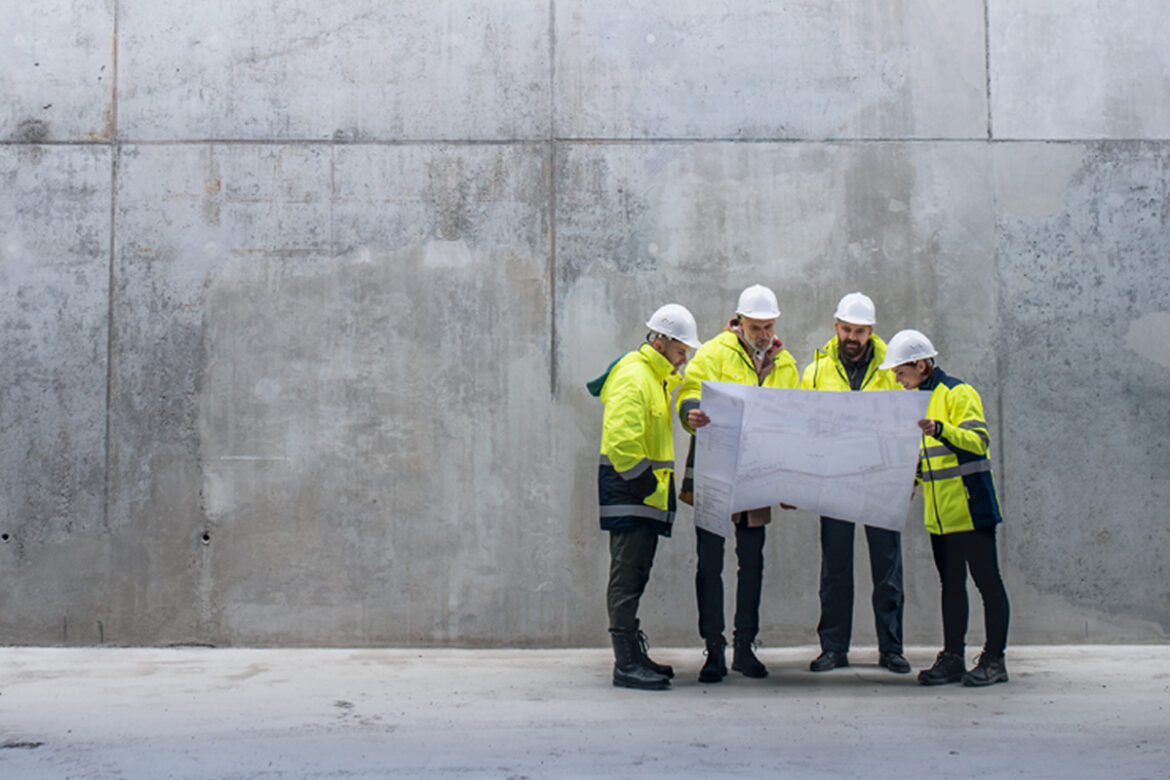
Claims Retrospective: Construction Observation Services Claims Are Often Avoidable
While many engineers believe that conducting construction observation services can reduce liability, some disagree.
The opposing side argues that if contractors deviate from the design and they have no construction observation services, they cannot be held liable for the contractor’s deviations. Despite the differences in opinion, if an engineer agrees to do construction observation services, such services should be conducted in the appropriate manner in order to reduce the engineer’s exposure.
There are many claims reported each year that involve construction observation services. Although there are many possible reasons that clients pursue such claims, the claims often involve similar issues, many of which are avoidable. One such issue is that the engineer fails to properly define construction observation services in his or her contract. Typically, construction observation services involve visits to the site at intervals appropriate to the stage of construction, or otherwise agreed upon with the client. The purpose of these visits is to become generally familiar with the progress of the work and to determine if the work observed generally conforms to the design. These services typically do not include (and should not include) exhaustive or continuous on-site inspections to check the quality of the work.
While there is a general understanding in the industry of what construction observation services entail, a specific description should be included in the engineer’s written contract. Without such a description, the client will inevitably argue that the engineer had a broader duty and was hired to conduct exhaustive on-site inspections and/or even guarantee that the contractor’s work complies with the plans. Apart from a description of what the construction observation services entail, there should also be a description of what they do not entail. It is important to include an exclusion covering exhaustive and continuous inspections as described above, as well as language making it clear that the engineer does not have control over or responsibility for the construction means, methods, techniques, sequences, or procedures or the safety precautions and programs involved with the work. Further, the contract should clarify that the contractor is responsible for the means and methods of construction, the safety of the workers on site, and for any work that fails to conform with the plans.
Another issue that often arises in these claims is the client’s refusal to pay for adequate construction observation services. It is not unusual for clients to want to pay for minimal services, but still expect the engineer to report each and every deviation from the plans. An engineer should only agree to perform construction observation services if it appears that the client is willing to pay for the proper and necessary services. Moreover, if a client refuses to pay for such services after a project has begun, the engineer should document that the client is changing the contract by refusing the construction observation services initially agreed upon and warn the client, in writing, about the consequences of their failure to utilize such services.
Finally, a third issue that often arises is that the engineer fails to properly document his or her services through reports and photographs. Of course, if the engineer notices a deviation, the engineer should inform the client in writing. However, the engineer should also document visits to the site even when his or her observations indicate that the work is conforming with the plans. The engineer should record the date and time of his or her visits, the area observed, and any observations of note, complete with photographs of the area observed. This is important to complete even if the engineer believes that the construction is going as planned.
While engineers remain divided as to whether construction observation services reduce liability exposure in and of themselves, it is clear if an engineer undertakes such services, he or she should properly address the aforementioned issues when doing so.






